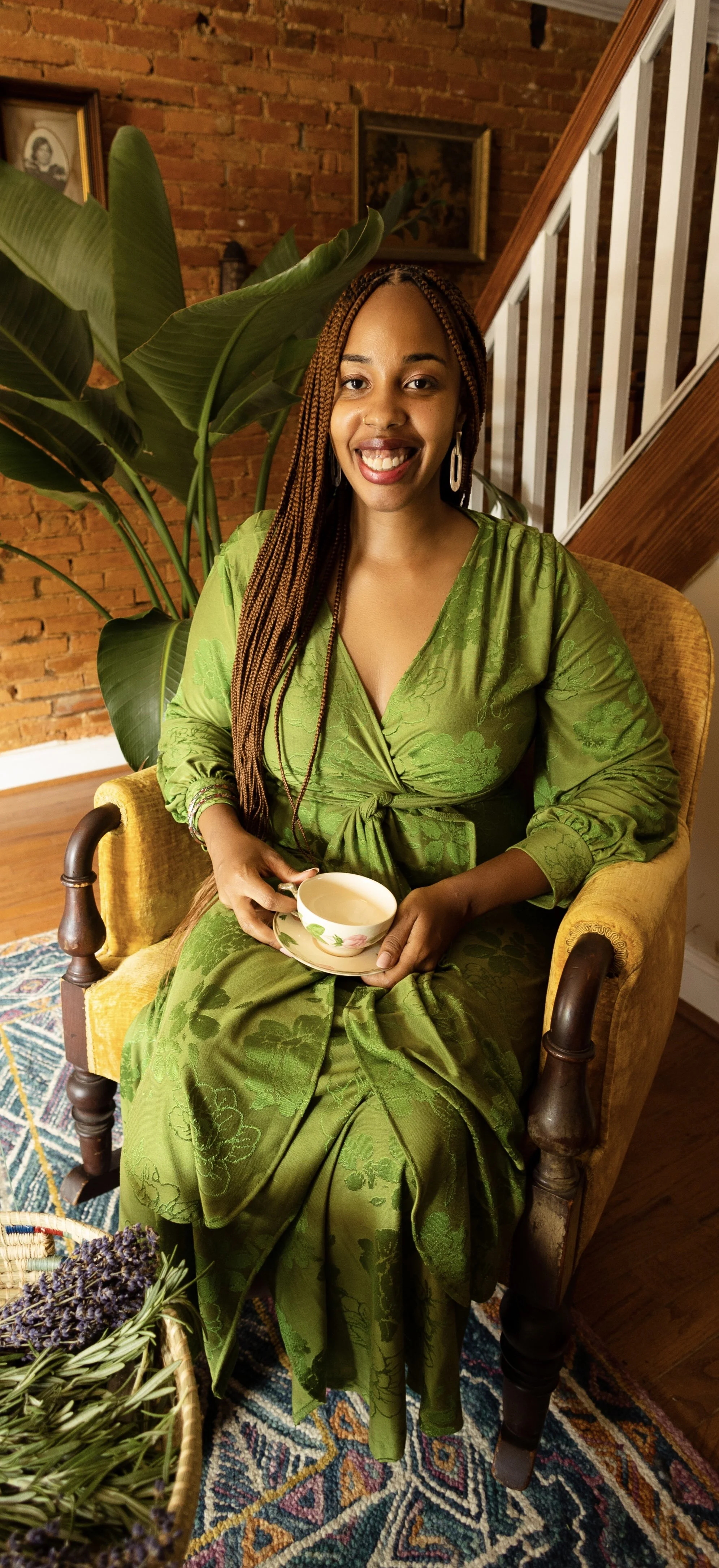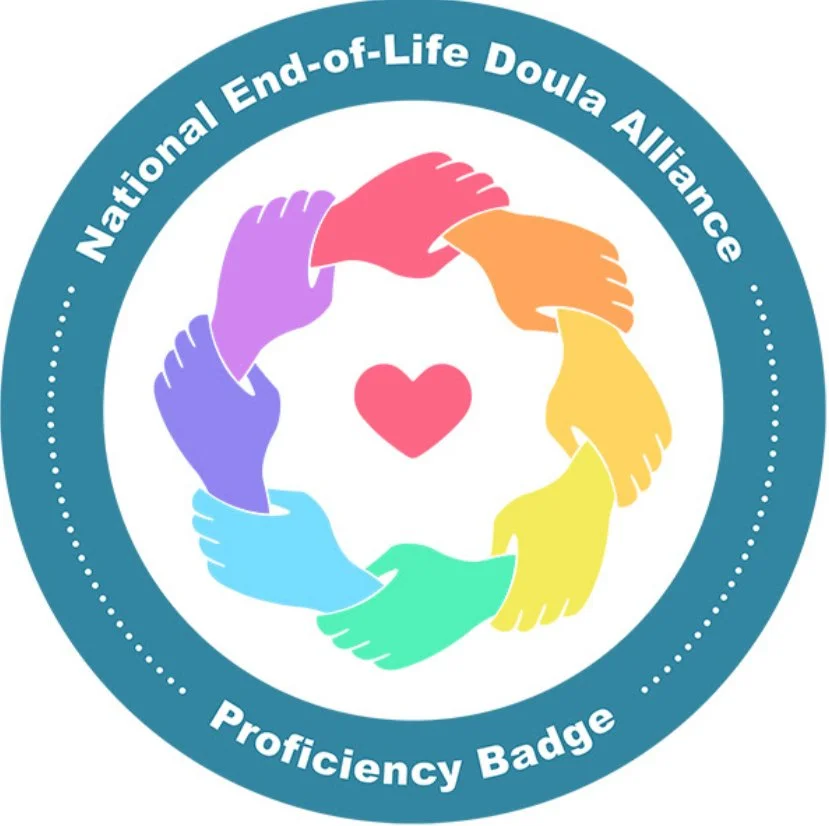My introduction to this work is through supporting my own loved ones on their end-of-life journey. In 2012, my Aunt Judy was diagnosed with colon cancer that metastasized to the liver. At the time of her diagnosis, I was living in Togo, West Africa, as a Peace Corps Volunteer and ended my service a few months early to be with my family. I lived with my Aunt Judy in which would be the last year of her life. Throughout that year, we were able to spend quality time together, discuss her wishes, and nearly a year later she decided to enroll in hospice at home. When the time came when she was actively dying, a sacred space was created around her that included family photos at her bedside, a rotation of the music she loved, and the aroma of her favorite incenses that she had the habit of collecting. Her death was a peaceful one; she was comfortable, she was able to express her wishes prior, and we were able to say our goodbyes. Although our family grieved the death of our beloved Judy deeply, we were comforted to know that she was able to die at home on her own terms.
I have experienced the deaths of loved ones before, but it was my Aunt Judy’s death that birthed my trajectory in working with people at end of life. I have been involved in end-of-life care since 2014, and I currently work in hospice as a licensed clinical social worker in the home-care setting. This path has now led me to expand as a death doula, also known as an End-of Life Doula. To prepare for this role, I took the Going with Grace End of Life Training Program. Today I am proud to open up my own practice called Doula Noire, a service that provides end-of-life doula support centering Black lives and communities of color. It takes a village to support people who give birth, and it takes a village to support people when death is near. We all deserve to live full lives until the very last day and, as death approaches, people deserve to die with dignity, with quality care and support. My hope is that Doula Noire can serve as a resource and support for people navigating a terminal diagnosis. That people, especially Black, Indigenous, and communities of color, have the agency to define how they want to live the last period of their lives if given the opportunity, and discuss what options are available if they are interested in having those conversations, and through informed decision-making cultivate a plan regarding their care that is in alignment with their wishes, cultural values, and traditions.




